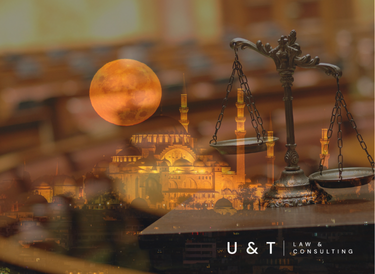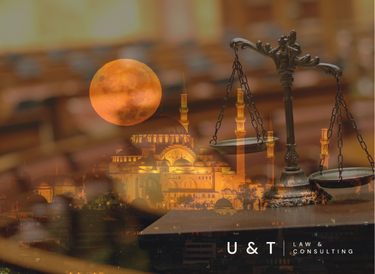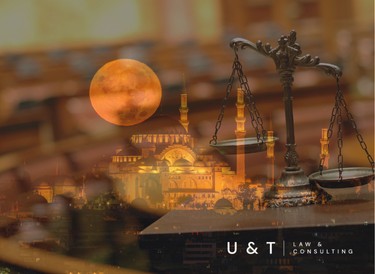
How Is the Real Estate Purchase and Sale Process Managed for Foreigners?
The real estate purchase and sale process for foreigners is not limited solely to title deed transactions, but is a comprehensive procedure that includes numerous legal, administrative, and financial stages. Determining whether the property is eligible for acquisition, complying with legal restrictions, ensuring contractual security, and properly structuring the payment process are of great importance in preventing potential risks. For this reason, real estate purchase and sale transactions by foreigners in Türkiye stand out as a field that requires thorough knowledge of the legislation and careful legal planning...













